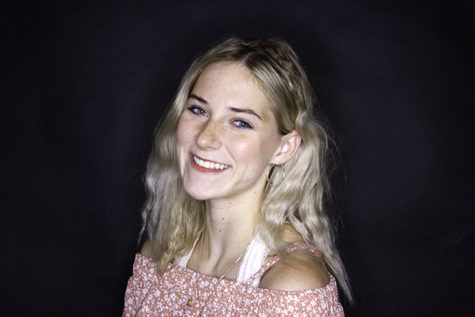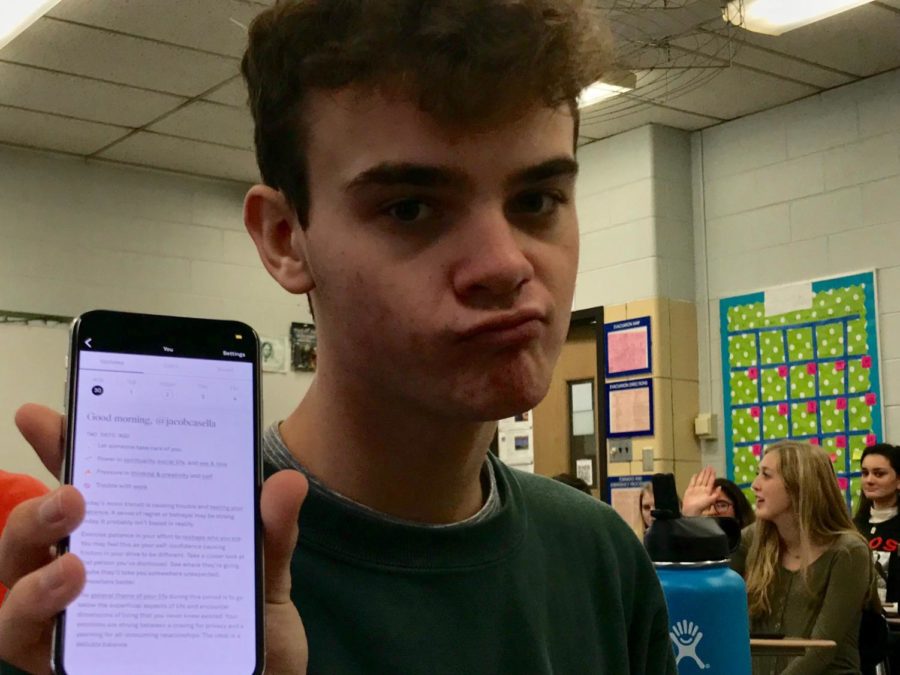Millennials don’t believe in God but they do believe in Co-Star
This is a common negative Co-Star reaction, ruining Jacob’s day.
Co-Star is a hyper-realistic horoscope program that has absorbed my entire being. Dubbed the newest millennial obsession, this free app has been dominating the twitter-sphere over the past couple of months.
The algorithm is simple: by providing specific details about your birth place, time and date, you are granted extensive details regarding your zodiac signs, complete with a personalized phrase that predicts your day. The kicker is, these messages are eerily specific and accurate.
Arguably the most enticing part of the Co-Star experience, these cryptic daily alerts serve as a cautionary tale. Admittedly, I tend to take this random guidance a bit too seriously. When Co-Star told me to rip out my eyelash and make a wish, I’d be lying if I said I didn’t consider it.
Truth be told, I’m not a zodiac girl. Though it can be interesting, I’m not gonna justify cutting someone off in traffic because I’m an ascending Gemini. However, I can’t resist being dragged by a computer program telling me to eat healthier. It’s too weird not to take part in.
It’s become a kind of meme on social media, as the app warns people against trusting animals and encourages them to lose weight. The more outrageous your alert, the more Twitter fame you’ll acquire. Who knew blaming your parking ticket on a horoscope would get you so much clout?
Why do I let Co-Star dictate my future? It may be because I want this curated prophecy to come true, or when my day is supposedly going to be great, I want follow through. I think the program itself is fun and entertaining, but there’s a mysterious accuracy to it that keeps me coming back.
To the zodiac fiends and Twitter trendsetters alike, Co-Star is the contemporary new following capturing the attention of the digital generation. It’s reliability is still debatable, but from an entertainment standpoint, I’m all in.


